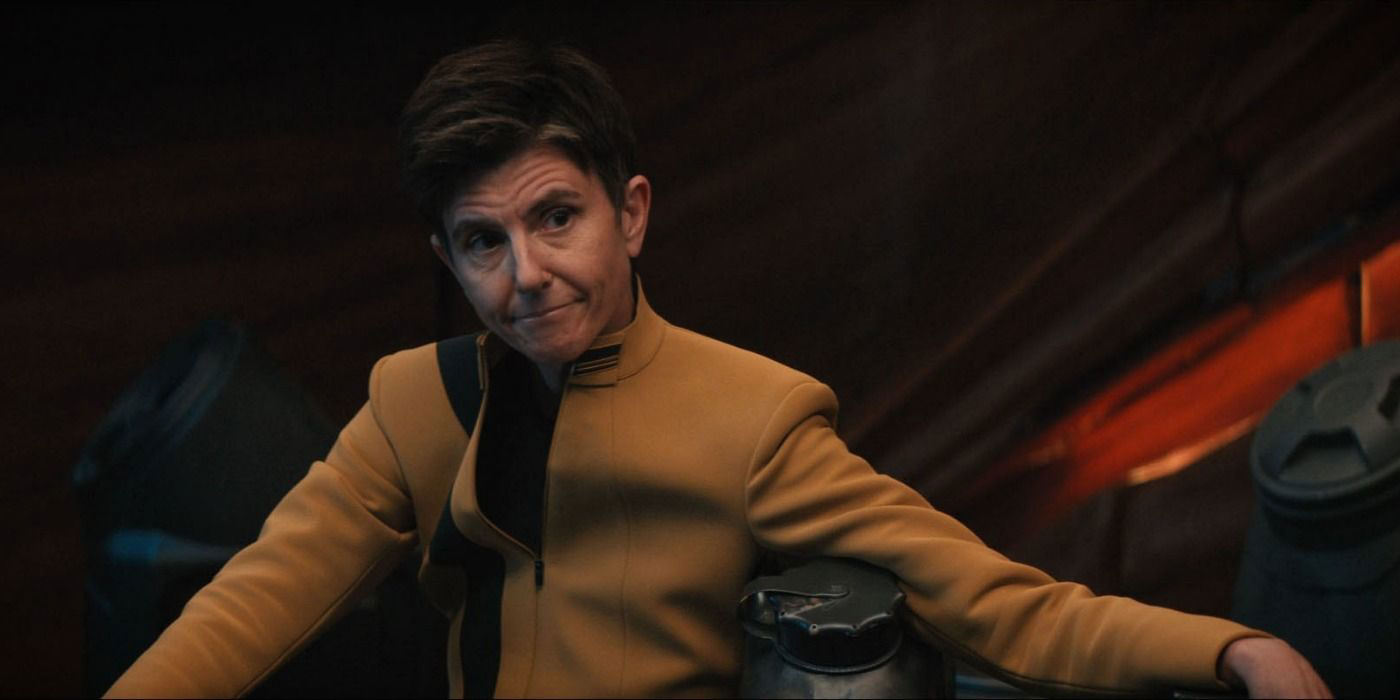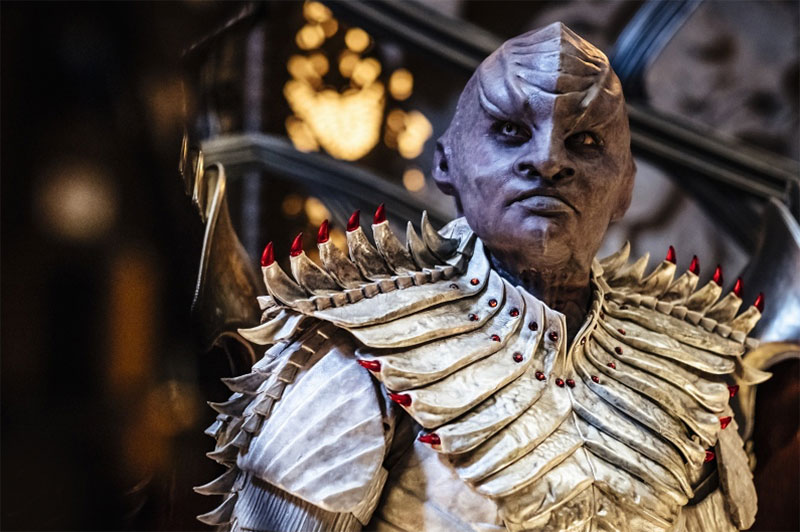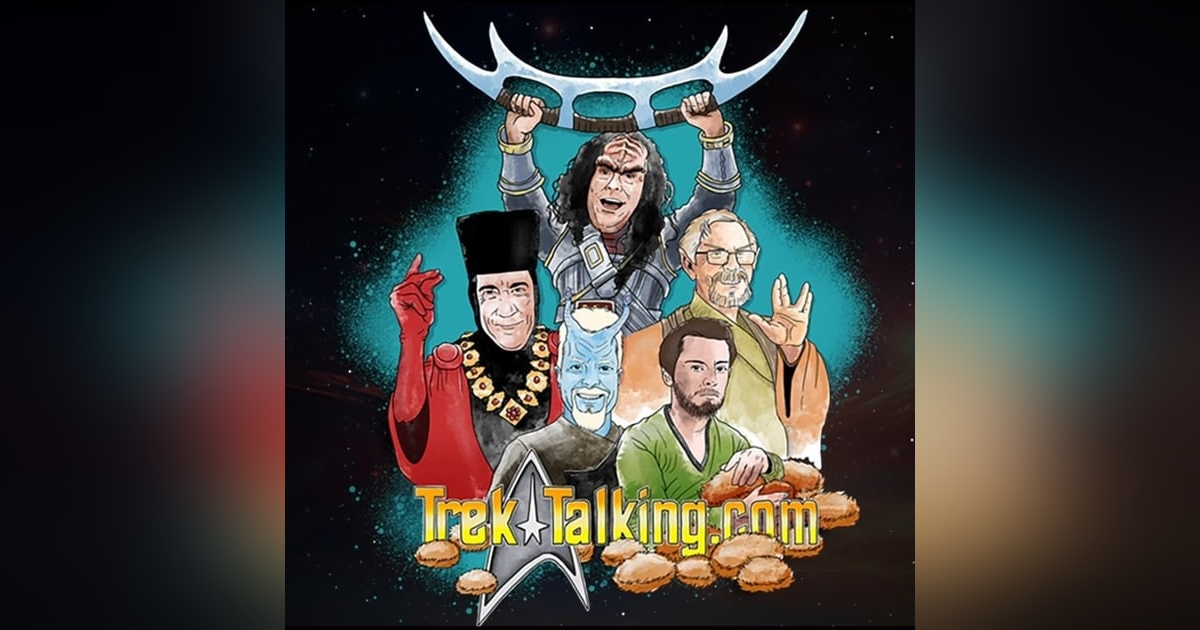Yet, as the series progressed, some long-time fans of the franchise found it difficult to embrace the new direction. Critiques ranged from disagreement with how beloved characters and treasured lore were represented to objections about pacing and story choices. This blend of opinion sparked intense debates online, with some fans expressing their disdain vocally on various platforms. Amidst this atmosphere, the Discovery cast members expressed their awareness of the struggle some fans had when it came to accepting the show's narrative choices.
Sonequa Martin-Green, who stars as Michael Burnham, noted the challenges the show faced when it first launched. She acknowledged the difficult adjustment for some fans who were having trouble “wrapping their hearts” around the new direction. The crew seemed to recognize how the show’s unique visual aesthetics, heavier themes, and modern approaches contrasted starkly with the feel of the classic series. This dissonance made it harder for some die-hard fans to connect, sparking discussions around whether the show wandered too far from its roots.
The introduction of multi-dimensional characters of various backgrounds and representation added depth and rich storytelling elements. Characters such as Bryer, Saru, and Tilly forged their identities not only within the crew dynamic but also reflected the inclusivity the Star Trek brand has often championed. This commitment to diversity garnered praise from newer audiences, but on the flip side, it led to alleged polarization within existing fandom circles. Some traditionalists felt alienated and expressed concerns over perceived diversity over substance, arguing it detracted from the narrative core.
Meanwhile, new fans flocked to the series, appreciating the direction the show had taken. Critics positively highlighted how the series reframed Starfleet ideals and incorporated current societal issues, showcasing how storytelling can evolve to reflect changing culture and ethics. New audiences found the character-driven plots relatable and modern, breathing fresh air to themes once explored with older narratives.

Another aspect of Star Trek: Discovery’s reception was its production quality, which was consistently lauded. The visual effects, attention to detail, and ambitious world-building were significant draws. This polished presentation set the show apart, showcasing what was possible with modern technology. The series charted the depths of space and the heart, featuring visceral action sequences interwoven with character insights, balancing battles with deeply personal moments.
Interestingly, this apparent divide among fans also indicated how different generations perceive Star Trek. While older viewers carried fond memories of The Original Series and its successors, newer fans lacked the same nostalgic ties. Some younger fans argued the importance of fresh storytelling as necessary for keeping the franchise alive and relevant. For them, embracing Discovery meant allowing Star Trek to grow beyond its established formulas.
This back-and-forth has also led to additional conversations within the fandom about the significance of representation and the importance of storytelling. Discovery not only features diversity among its cast but also brings to the forefront various social challenges—shedding light on issues of mental health, systemic inequalities, and emotional struggles, often sparking conversations far beyond the screen. Fans engaging with these narratives often expressed how they found meaning, connection, and solace, validating their experiences.

The Star Trek fandom also remains characterized by its passion for community, which often shapes opinions, whether positive or negative. Numerous online forums and gatherings have emerged as spaces for fans to share their thoughts and feelings about Discovery; these fan-driven interactions reflect broader discussions about how content resonates or fails with viewers. Social media platforms, especially Twitter and Reddit, have become hotspots for these exchanges, where fans often engage directly with showrunners, writers, and actors themselves, allowing for dynamic dialogue between creators and consumers.
Despite the criticism, it’s imperative to note Star Trek: Discovery also garnered accolades, including several nominations and wins at prestigious awards shows, cementing its place as not just another Star Trek series, but as one pushing the franchise's boundaries. The show has undeniably made its mark, influencing the direction for future Star Trek stories potentially to come.
Notably, the show's days may be behind it, yet significant conversations continue long after its finale. The discussions about Discovery and its reception shine light not only on the evolution of the Star Trek legacy but also the changing nature of fan engagement and response to media.
Looking forward, the Star Trek universe is likely to continue adapting, pulling from the successes and criticisms surrounding shows like Discovery. The ultimate question might not be whether Star Trek: Discovery was successful or not but rather how it contributed to the larger narrative arc of Star Trek as it ventures forward, with the hope of forging new paths through the cosmos.









